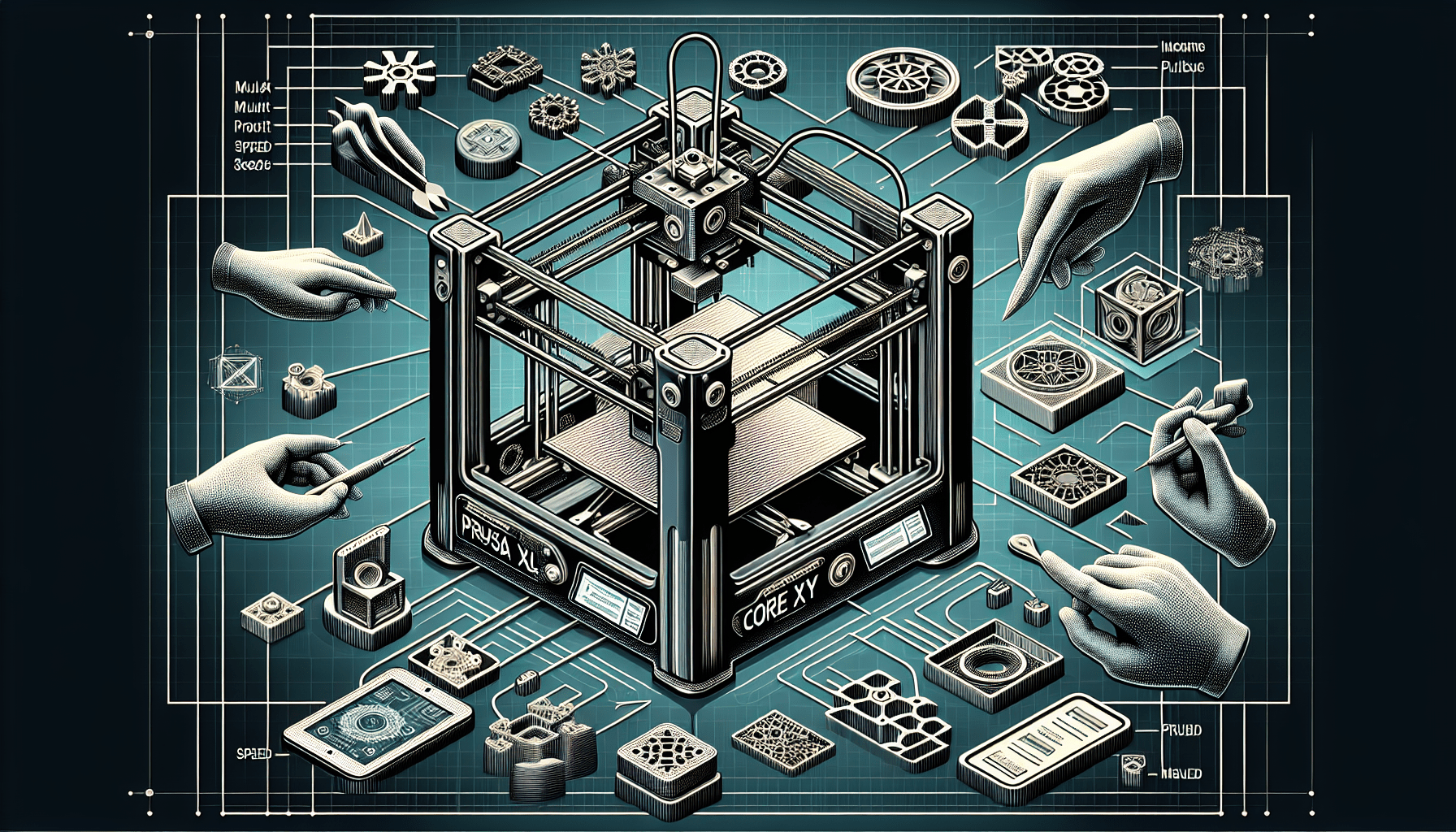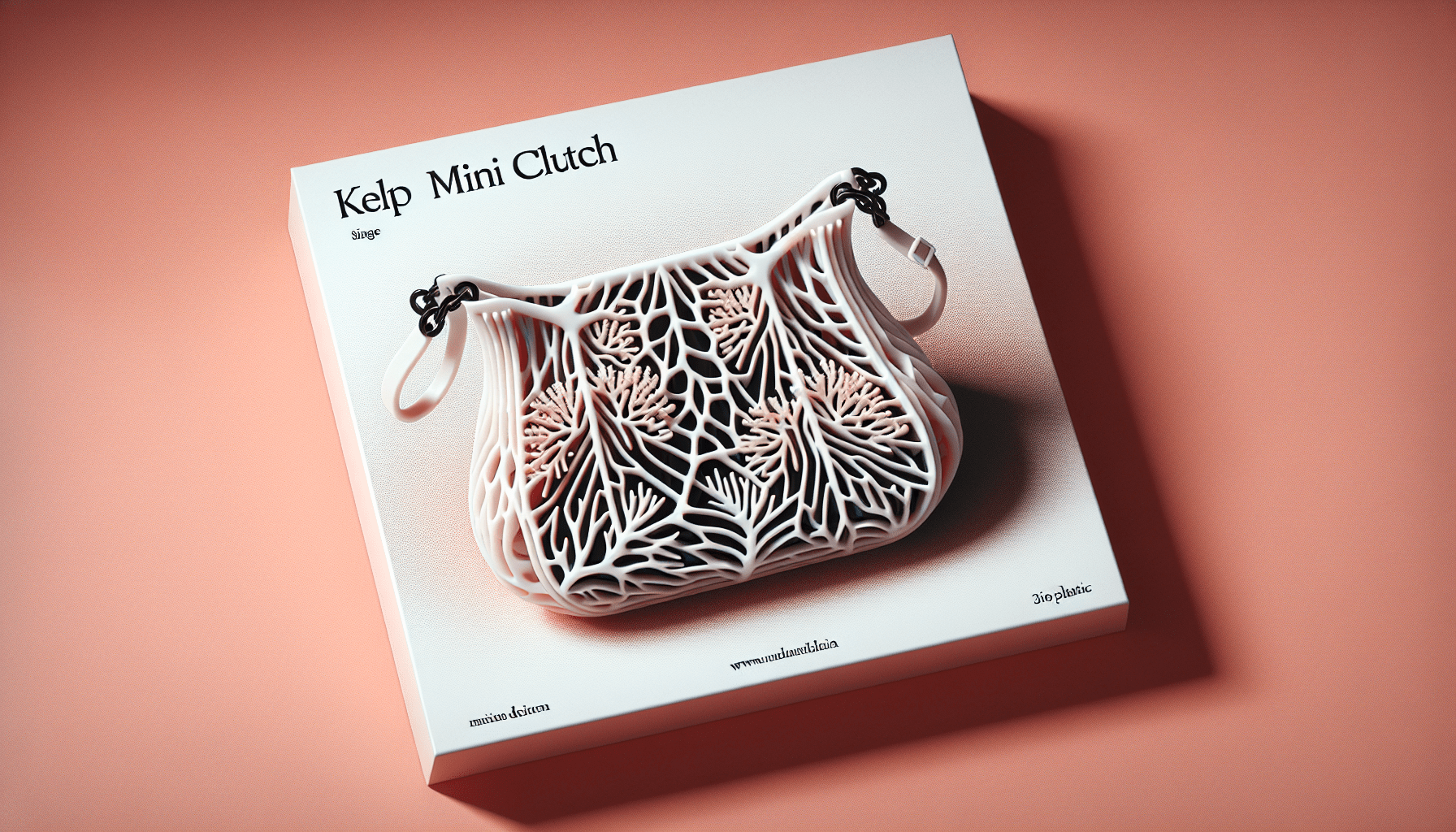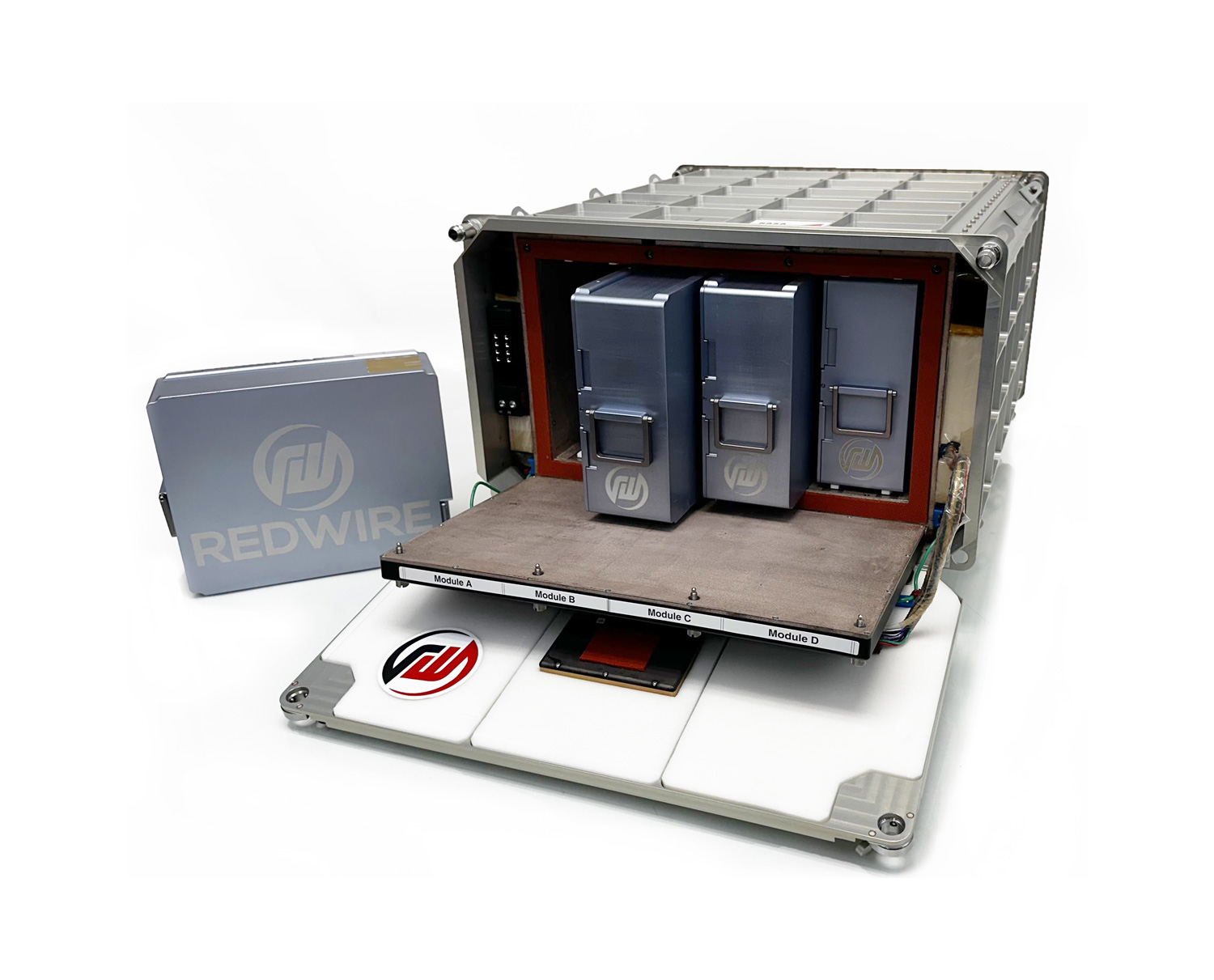Creality K2 Plus Combo 3D Printer, Multi Color Printing with New CFS, Max 600mm/s Printing Speed, Full-auto Leveling, Next-Gen Direct Drive Extruder, Dual Al Camera, Build Volume 350 * 350 * 350mm
$1,349.00 (as of June 18, 2025 23:32 GMT +00:00 - More infoProduct prices and availability are accurate as of the date/time indicated and are subject to change. Any price and availability information displayed on [relevant Amazon Site(s), as applicable] at the time of purchase will apply to the purchase of this product.)Have you ever wondered what the future of meat could look like without the environmental strain of conventional livestock farming? Forma Foods is blazing a trail in the plant-based 3D printed meat market, meeting the growing demand for sustainable food solutions while ensuring taste and texture remain uncompromised.
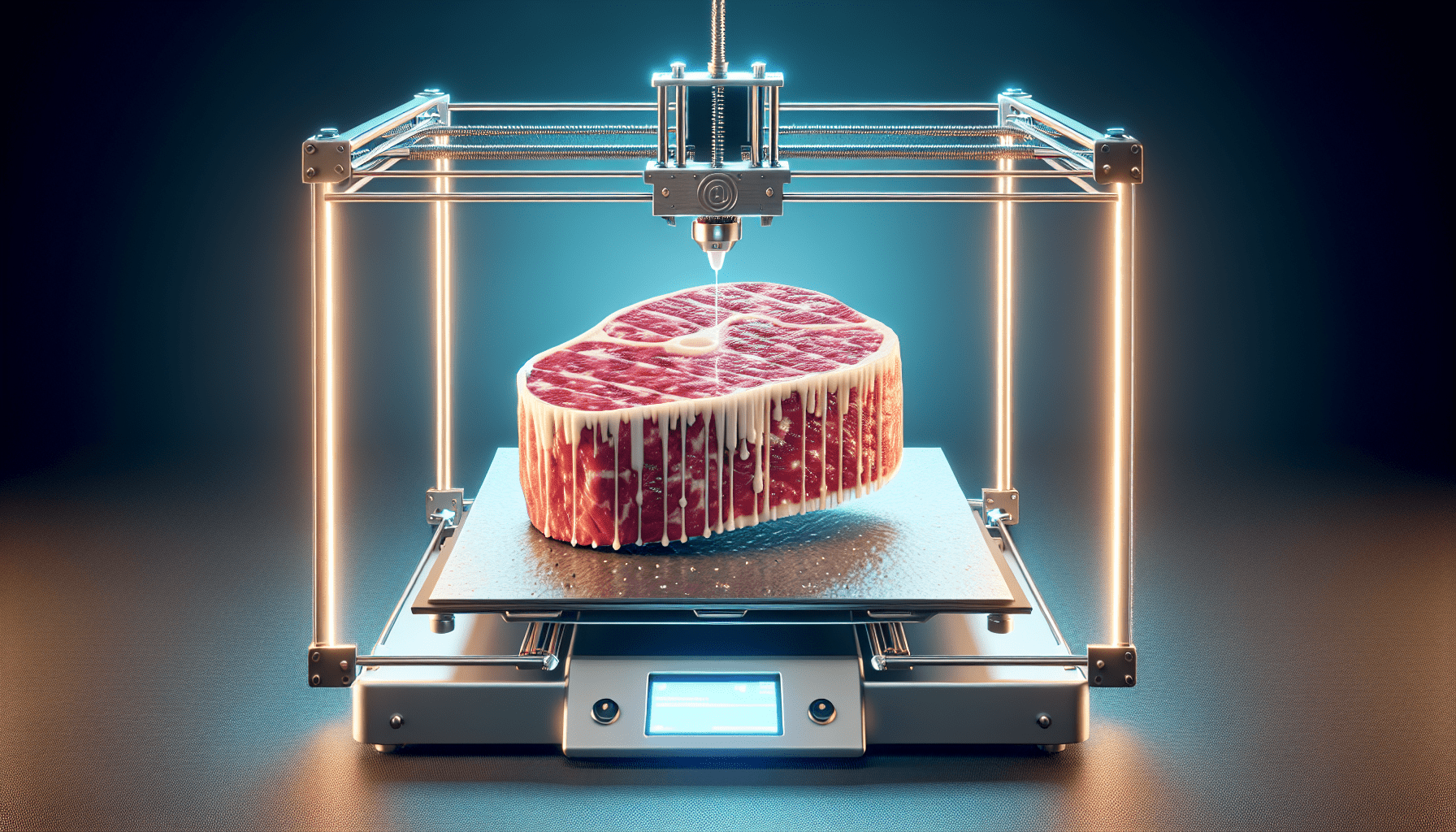
Buy Photon Mono M5 Get Free 1KG Resin
Forma Foods: A New Contender in Plant-Based 3D Printed Meat
Based in Tecnológico de Monterrey, Forma Foods is a startup that has begun producing plant-based meat using cutting-edge 3D printing technology. Unlike traditional methods, this innovation provides a sustainable, cruelty-free alternative without sacrificing the experience of eating real meat. With credentials in tissue engineering, founders Grissel Trujillo de Santiago and Mario Moises Alvarez are at the helm, pushing the boundaries of what’s possible with plant-based proteins.
The Technology Behind the Innovation
Chaotic Printing: A Revolutionary Method
Forma Foods employs a unique technique called “chaotic printing.” This method goes beyond conventional 3D printing by creating microstructures that imitate the architecture of animal tissues. This intricate process makes plant-based products incredibly similar to traditional meat in texture, flavor, and appearance, setting a new bar for plant-based alternatives. What intrigued you the most about this technology?
Building Blocks: Ingredients and Emulation
To replicate meat, Forma Foods uses a combination of pea protein, oriental prebiotic fiber, and coconut oil. These ingredients mimic muscle, connective tissue, and fat, respectively, ensuring that their products can stand toe-to-toe with the real thing. This approach has enabled them to develop plant-based versions of popular Mexican dishes like arrachera and carne al pastor.
| Ingredient | Mimicry |
|---|---|
| Pea Protein | Muscle |
| Oriental Prebiotic Fiber | Connective Tissue |
| Coconut Oil | Fat |
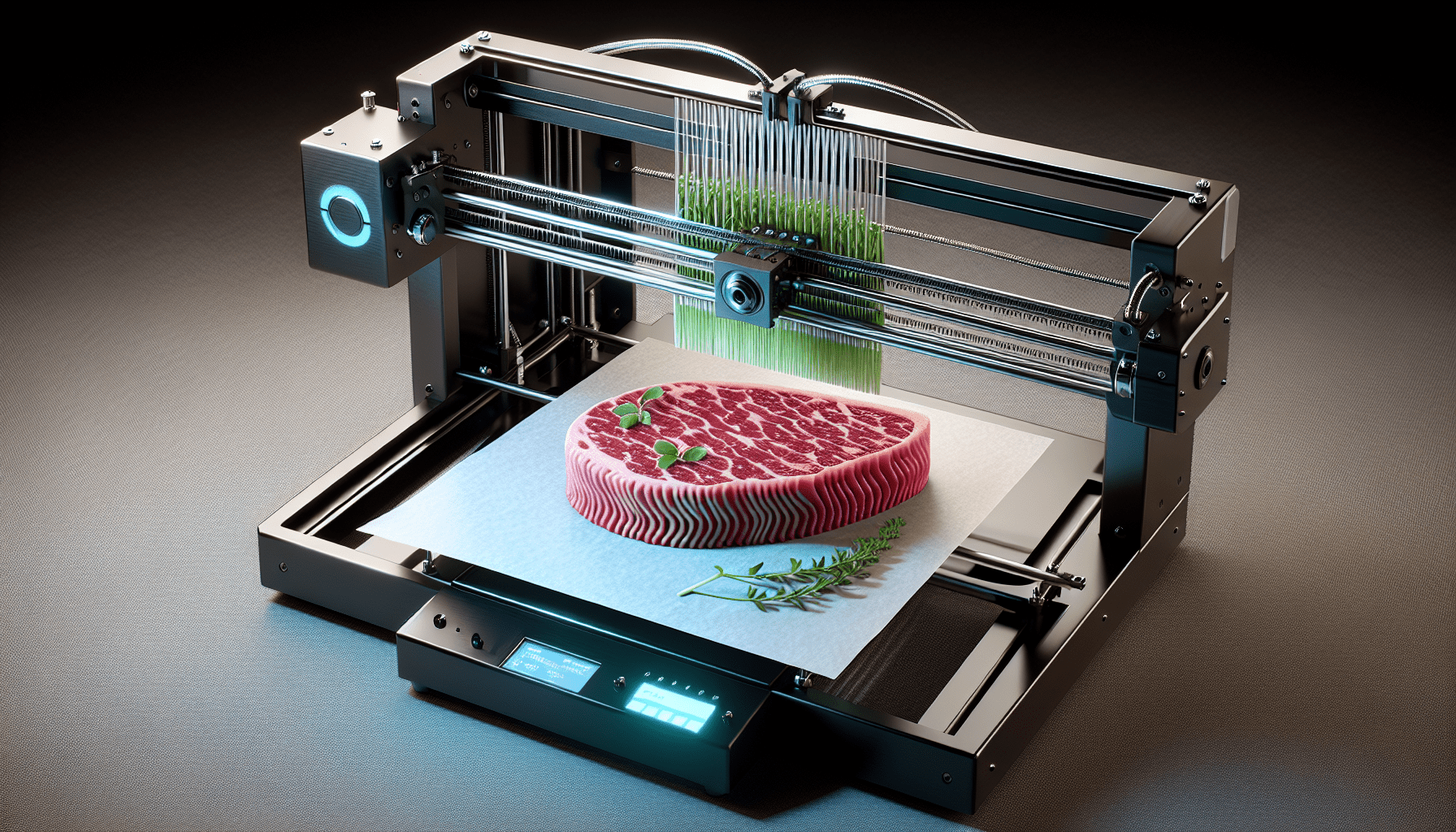
$30 off $400+ Anycubic Products with code AC30OFF
A Shift Towards Plant-Based Options
From Lab-Grown to Plant-Based
Initially, Trujillo and Alvarez explored lab-grown meat. However, the high costs associated with animal cell-based processes prompted a shift. They turned to plant-based alternatives, leveraging their expertise and the support they garnered from research institutions like MIT and Harvard.
Financial and Pracademic Support
Forma Foods has received significant financial backing from Tec Ventures and Saya Bio. Moreover, their patented printhead, developed in 2019, has been pivotal in transforming viscous vegetable pastes into meat-like products, proving both cost-effective and scalable.
Changing the Culinary Game
Consumer Appeal and Target Markets
Forma Foods isn’t just targeting vegan consumers. They’re also reaching out to those looking to reduce meat consumption for health, ethical, or environmental reasons. With increasing attention from the restaurant industry and chefs like Michelin-starred Rodrigo Rivera Rio, who requested a custom-shaped beet version of their product, their impact is broad and multifaceted.
Global Food Security
In the long term, Forma Foods aims to contribute significantly to global food security. Offering a sustainable, healthier alternative to traditional meat, their innovations could help reduce methane emissions, lower water consumption, and mitigate the environmental footprint of livestock farming.
Pioneering Sustainable Protein Access
Addressing Remote Communities
Forma Foods envisions democratizing access to high-quality protein, particularly in remote communities. By providing a cost-effective and scalable solution, they’re making strides toward a more inclusive, sustainable food system worldwide.
Environmental Concerns
The environmental ramifications of traditional livestock farming are immense. Forma Foods tackles these concerns head-on, aiming to reduce the detrimental effects on our planet while ensuring a reliable food source for future generations.
Future Prospects and Expansion
Market Growth and Industry Statistics
The consumer products additive manufacturing (AM) sector, which encompasses 3D printed food, generated $2.6 billion in 2023. This segment is projected to grow to $28 billion by 2033 at a 26.8% compound annual growth rate (CAGR). Forma Foods is positioned to play a significant role in this burgeoning market.
Long-Term Goals
“Ultimately,” says Grissel Trujillo, “we want to push the boundaries of what’s possible with innovative food technology.” This vision underscores their commitment to revolutionizing the food industry through sustainability, innovation, and scalability.
Conclusion
Forma Foods stands at the intersection of advanced technology and urgent environmental need, pioneering a sustainable alternative to traditional meat. By combining deep research, innovative processes, and visionary goals, they’re not just participating in a market—they’re shaping its future. What do you think the future holds for plant-based 3D printed meat, and how might it change our dining experiences and environmental impacts? Your thoughts could be as groundbreaking as the technology itself.
Buy Photon Mono M5 Get Free 1KG Resin






